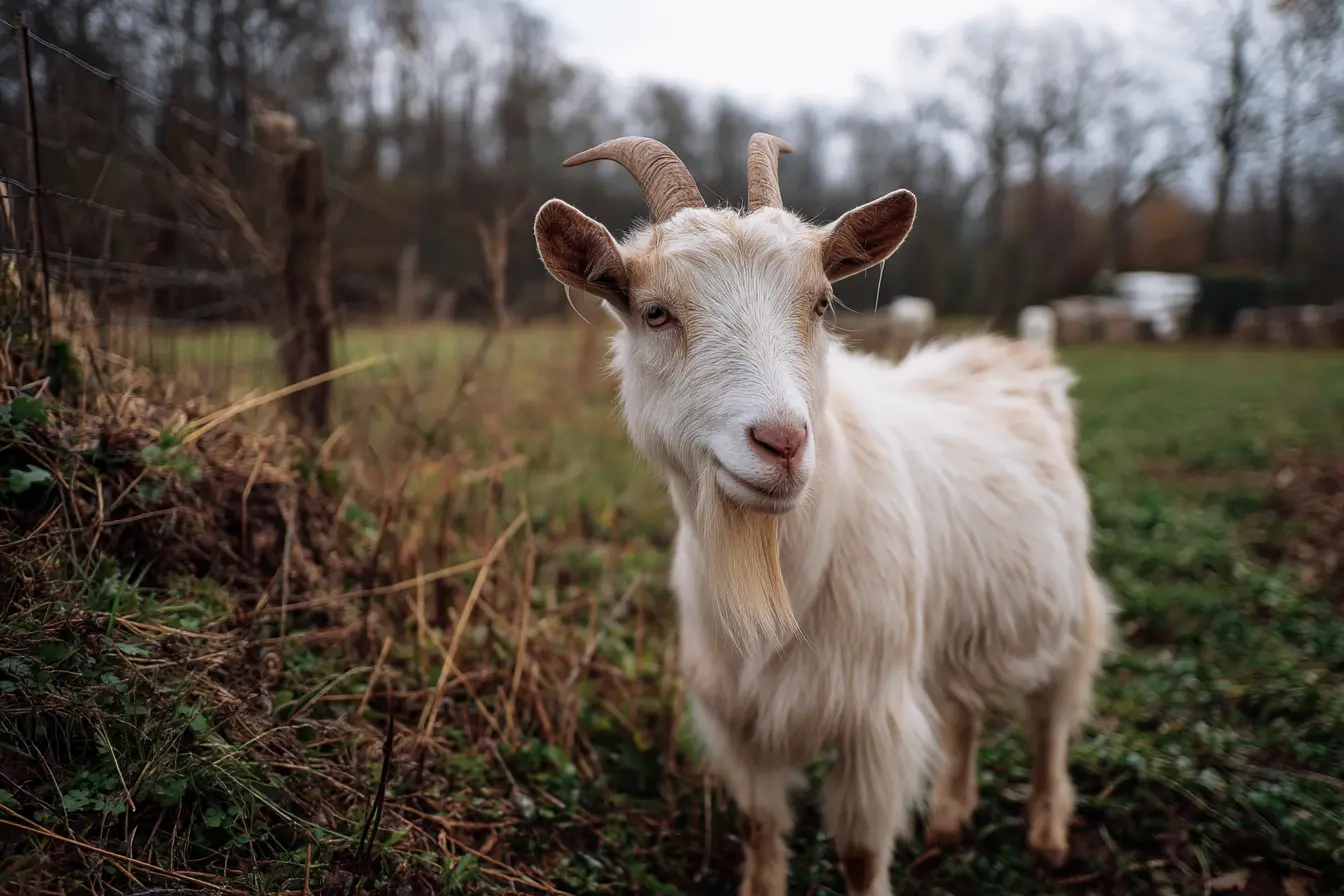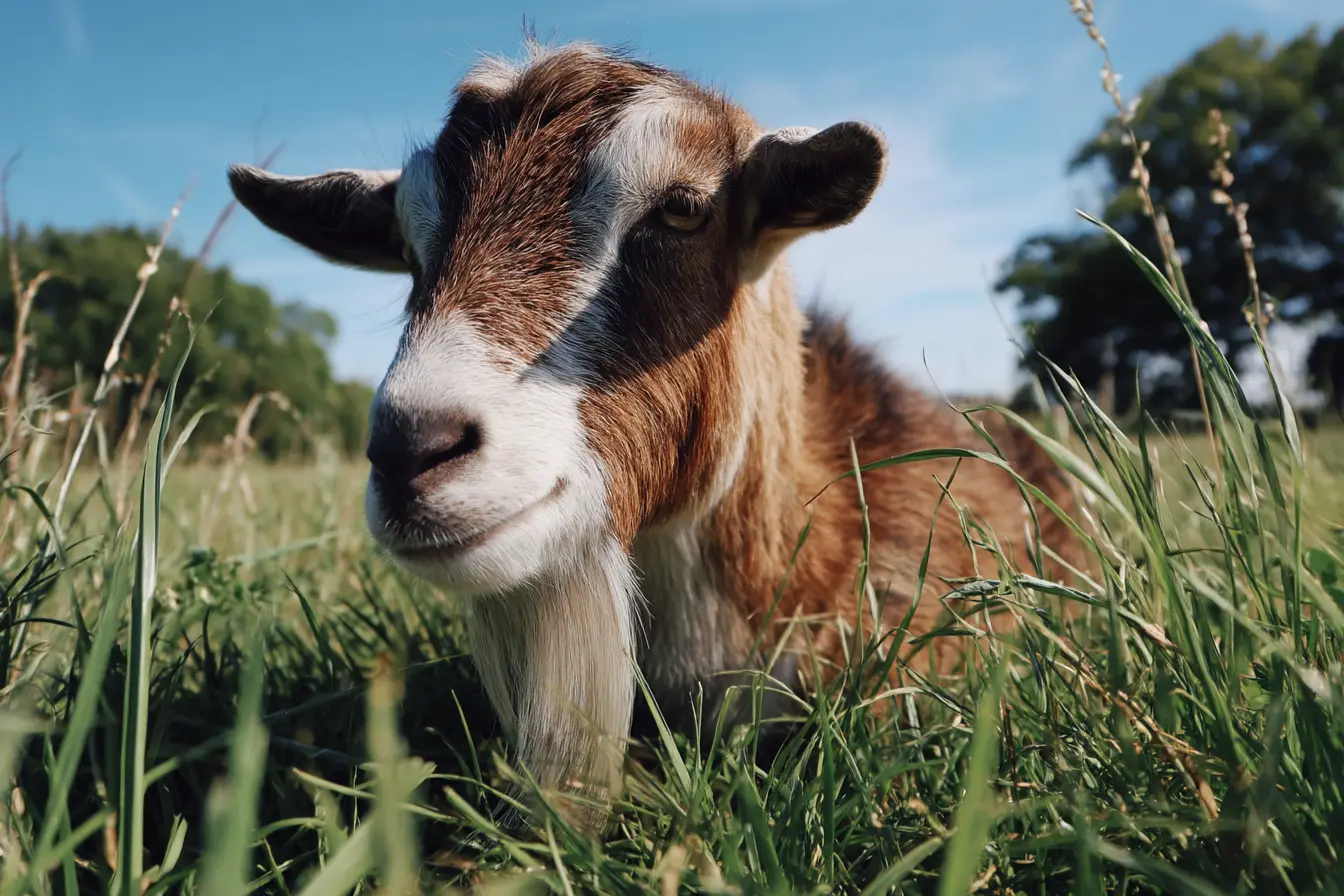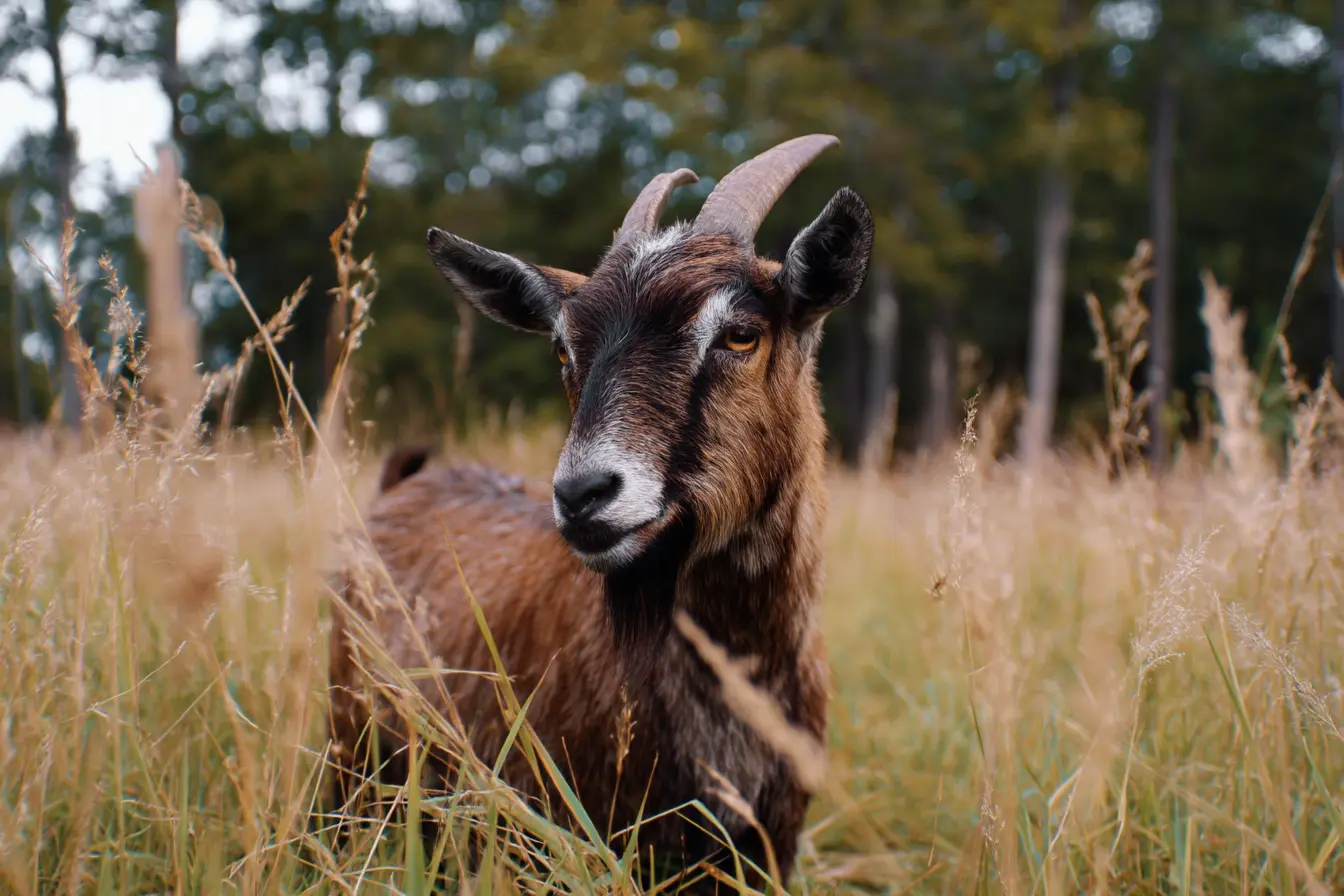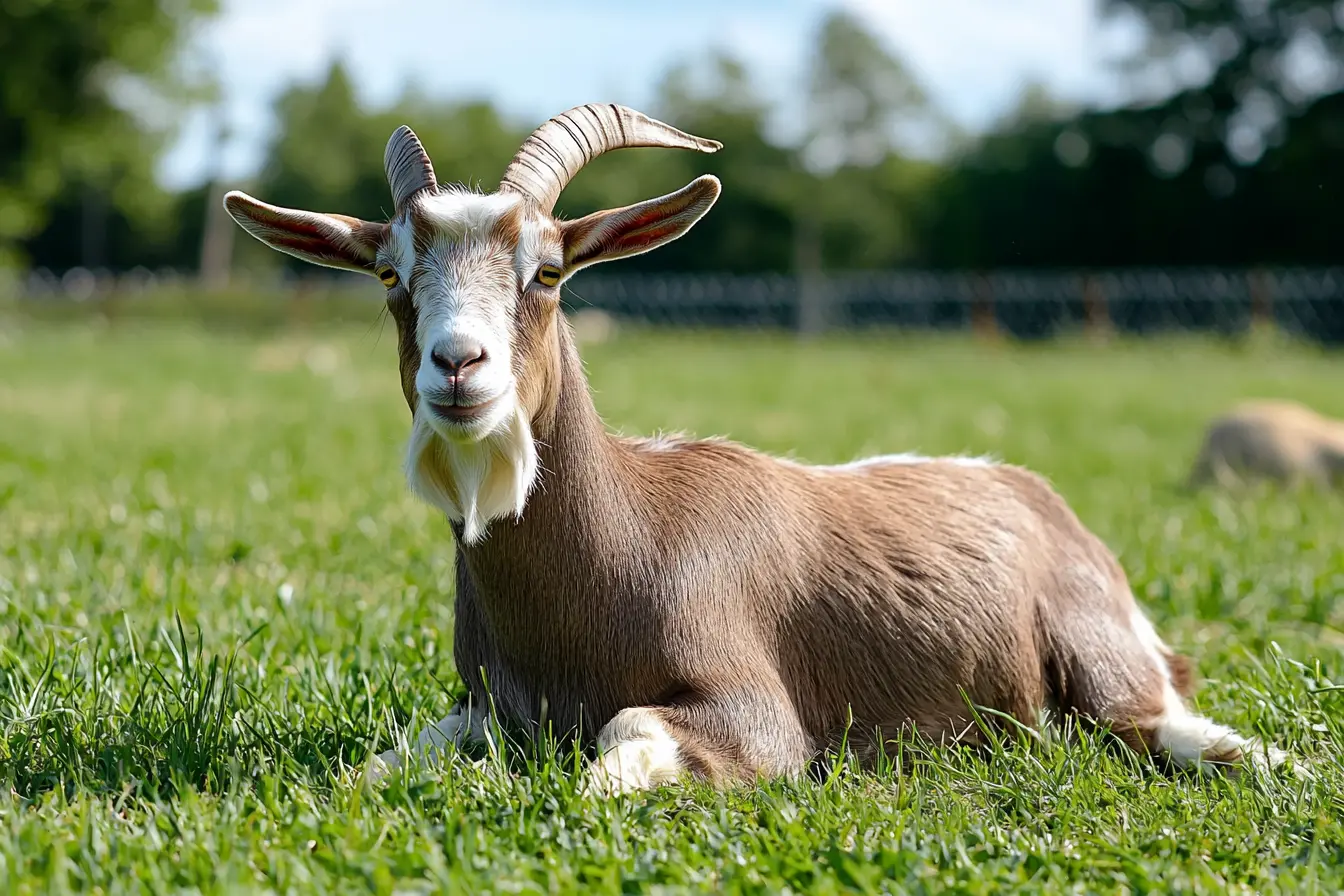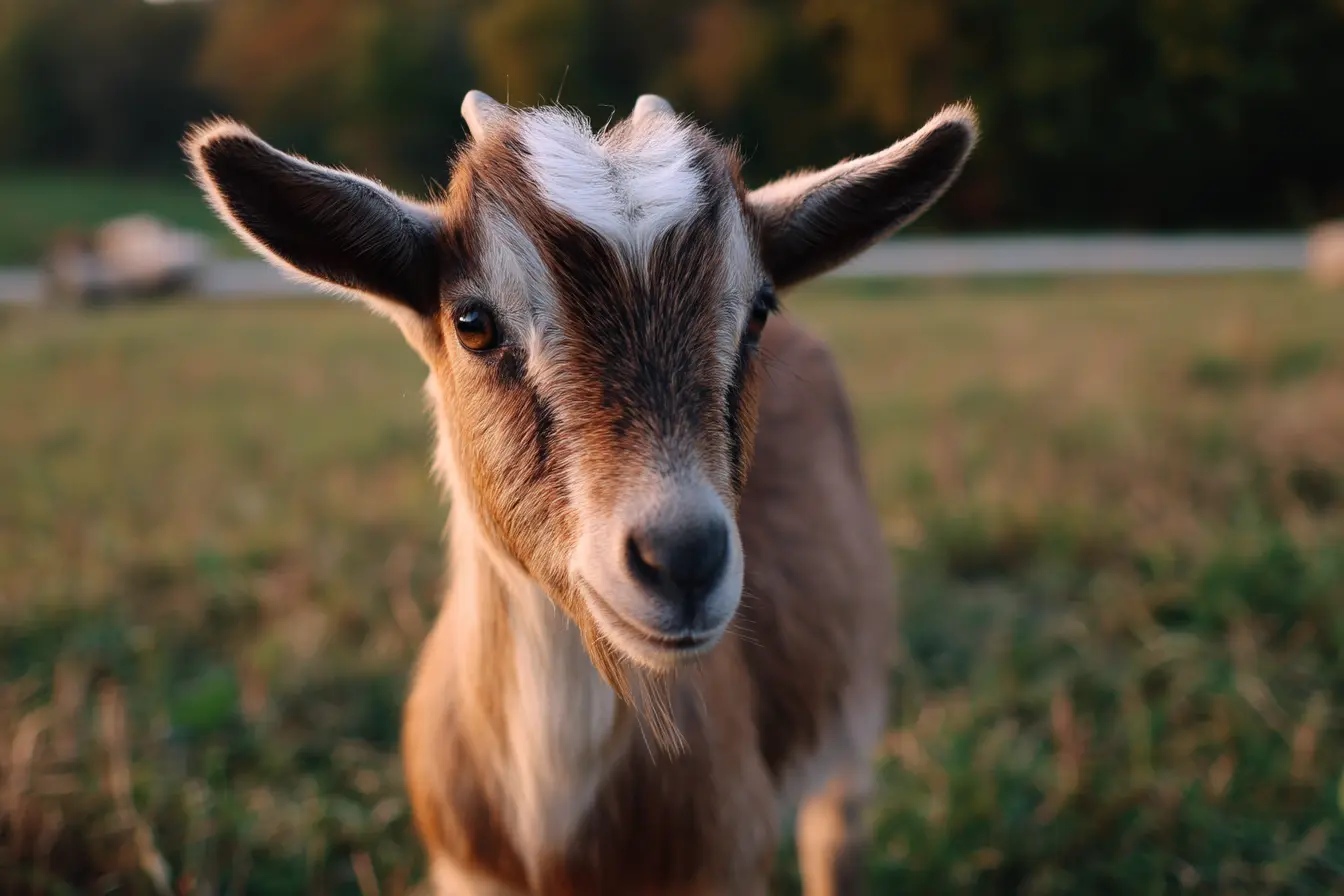
A Guide to Vaccinations and Deworming for Goats
Keeping your goats healthy is essential to maintaining a productive and happy herd. One of the most important aspects of goat health management is having a clear vaccination and deworming programme in place. This guide will help new goat owners understand the key vaccinations their goats need and how to manage internal and external parasites effectively.
Why Vaccinations Are Important for Goats
Vaccinations protect goats from serious, often fatal diseases. By vaccinating your goats, you not only protect individual animals but also reduce the risk of disease outbreaks that could affect your entire herd. Vaccination requirements can vary depending on your region and the diseases prevalent in your area, so it’s essential to work with your vet to develop a tailored programme.
Core Vaccinations for Goats
Here are some of the most common diseases that goats should be vaccinated against:
Clostridial Diseases (e.g., Tetanus, Pulpy Kidney, Black Disease)
Clostridial bacteria are found in soil and can cause sudden death in goats. These diseases are often preventable through vaccination.
Recommended Schedule:
- First vaccination at 6-8 weeks of age.
- Booster 4-6 weeks later.
- Annual booster thereafter.
Caseous Lymphadenitis (CL)
CL is a contagious bacterial disease that causes abscesses in goats' lymph nodes. Vaccination can help reduce the spread of CL in your herd.
Recommended Schedule:
- First vaccination at 3-6 months of age.
- Annual booster.
Footrot (Optional)
In regions where footrot is common, vaccination can help reduce outbreaks. Footrot causes painful lameness and can be highly contagious.
Recommended Schedule:
- Consult with your vet to determine if vaccination is necessary for your herd.
Rabies (If Applicable)
In areas where rabies is a risk, goats should be vaccinated to protect them and prevent the spread of this fatal disease to humans.
Recommended Schedule:
- One dose annually (depending on local regulations).
Chlamydiosis (For Breeding Goats)
Chlamydiosis is a bacterial infection that causes abortions in pregnant goats. Vaccination is essential for breeding goats to prevent reproductive losses.
Recommended Schedule:
- First vaccination before breeding.
- Booster as advised by your vet.
Pneumonia (Optional)
Goats are susceptible to pneumonia, especially during stressful events such as transportation or weather changes. Vaccination can help prevent respiratory infections.
Recommended Schedule:
- Consult with your vet to determine the need for pneumonia vaccines.
Deworming Requirements for Goats
Internal parasites, such as worms, are one of the biggest health threats to goats. Parasites can cause poor weight gain, diarrhoea, anaemia, and even death if left untreated. A proper deworming programme is essential to control parasite loads and keep your goats healthy.
Common Internal Parasites in Goats
- Roundworms
- Lungworms
- Liver flukes
- Tapeworms
- Coccidia
Common External Parasites in Goats
- Lice
- Mites
- Ticks
- Fleas
When to Deworm Goats
The frequency and timing of deworming will depend on several factors, including your local environment, the age of the goats, and their exposure to parasites. Below is a general guide:
- Kids: Deworm at 6-8 weeks of age and again at weaning.
- Adult Goats: Deworm 2-3 times a year, particularly in spring and autumn.
- Pregnant Does: Deworm before kidding to reduce the risk of passing parasites to kids.
Strategic Deworming Based on Faecal Egg Counts (FECs)
Overusing dewormers can lead to resistance in parasites, making treatment less effective over time. To avoid this, work with your vet to implement a strategic deworming programme based on faecal egg counts (FECs). This involves testing the goat’s faeces to determine the parasite burden and only deworming when necessary.
Signs Your Goats May Need Deworming
Watch out for the following signs that your goats may have a high parasite load:
- Weight loss or poor weight gain
- Diarrhoea (scours)
- Pale gums (a sign of anaemia)
- Rough coat or hair loss
- Lethargy
- Bottle jaw (swelling under the jaw)
If you notice any of these symptoms, consult your vet and consider conducting a faecal egg count.
Best Practices for Vaccination and Deworming
- Consult Your Vet: Every herd is different, so it’s important to develop a tailored vaccination and deworming programme with your vet.
- Keep Records: Maintain detailed records of all vaccinations and deworming treatments, including dates, batch numbers, and any reactions.
- Use the Right Products: Always use vaccines and dewormers that are approved for goats, and follow the manufacturer’s instructions.
- Ensure Proper Handling and Storage: Vaccines and dewormers must be stored at the correct temperature to remain effective.
- Administer Correct Dosages: Use the right dosage based on the animal’s weight to ensure effective treatment.
- Maintain Clean Housing: Keeping your goats' environment clean and dry can help reduce the parasite burden and prevent infections.
- Rotate Pastures: Regularly moving goats to fresh pasture can help reduce parasite reinfection.
When to Call the Vet
While vaccinations and deworming can help prevent many health issues, it’s important to know when to seek veterinary assistance. Contact your vet if you notice:
- Persistent diarrhoea or scours
- Loss of appetite
- Severe weight loss
- Difficulty breathing
- Swollen lymph nodes or abscesses
- Neurological symptoms (such as staggering or head pressing)
Conclusion
A well-planned vaccination and deworming programme is essential to keep your goats healthy and productive. By working closely with your vet and implementing preventative health measures, you can reduce the risk of disease and parasites in your herd. Remember that prevention is always better than cure, and staying proactive will help you maintain a happy and thriving herd of goats.
Vets near you
Speciality vets
- Aquatics vet specialists
- Birds vet specialists
- Camelids vet specialists
- Cats vet specialists
- Cattle vet specialists
- Deer vet specialists
- Dogs vet specialists
- Equines vet specialists
- Exotic vet specialists
- Goats vet specialists
- Pigs vet specialists
- Poultry vet specialists
- Sheep vet specialists
- Small Mammals vet specialists
- Wild vet specialists
Vet facilities
- Accessible by public transport
- Blood testing
- Car park nearby
- Client car park
- Dentistry
- Diagnostic imaging
- Disabled public access
- Flea and worm treatments
- Microchipping
- Mobile services
- Neutering
- Open at weekends
- Out-of-hours service
- Referral interests
- Referrals only
- Street parking outside
- Toilets available
- Vaccinations
